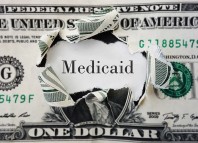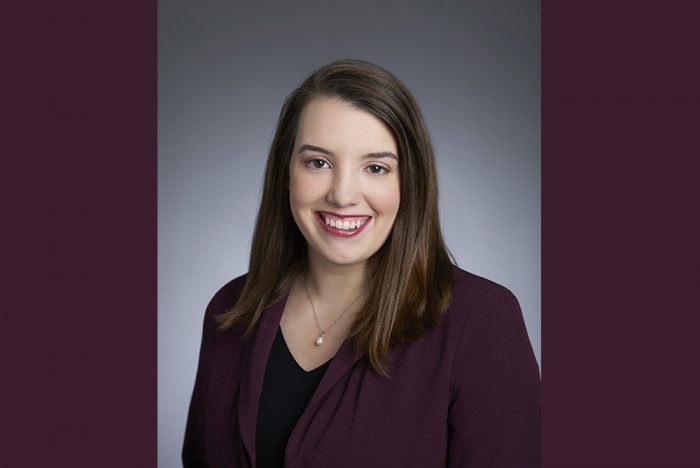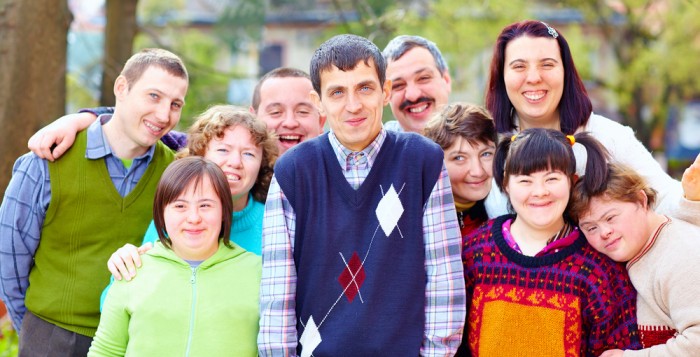Welcome! Login in to your account
Register for an account
A password will be e-mailed to you.
Recover your password
Home Featured
Featured posts
“More Visibility is Needed”: Pennsylvania State Rep One of Few with Autism
Governor Wolf: $4.8 Million Investment to Train Direct Care Workers Will Improve Quality of Care for Patients Across PA
Recording Available: Smart Technology for On-The-Job Supports Webinar
Foothold Technology Presents Project Expression – Celebrate the Artistic Talent in Your Community!

Rehabilitation Services Administration (RSA) Issues Proposed Competitive Integrated Employment Guidance
A Crisis Decades in the Making: Disability Housing Policy and COVID-19
DOH Updates COVID-19 Vaccination Plan, Launches Eligibility Tool to Help People Prepare when Vaccine is Available
Social, Economic, and Political Dimensions of Incarceration Course
OCYF Bulletin: “Reporting Requirements of Incidents Involving Children Served in Child Residential Facilities”
© 2021 - Rehabilitation & Community Providers Association

















